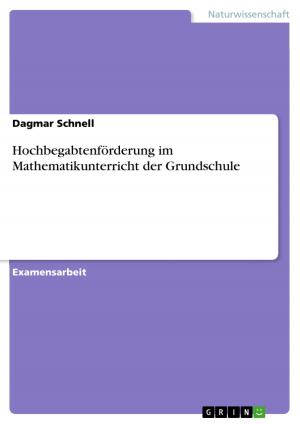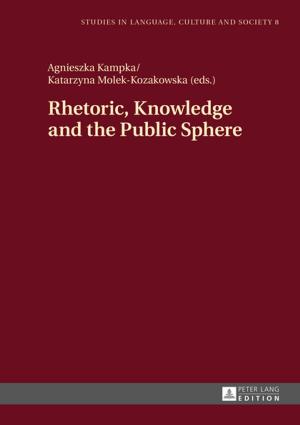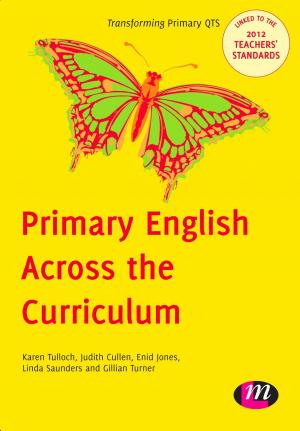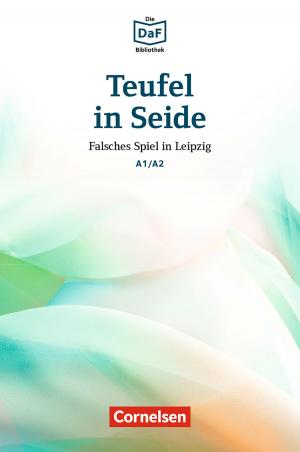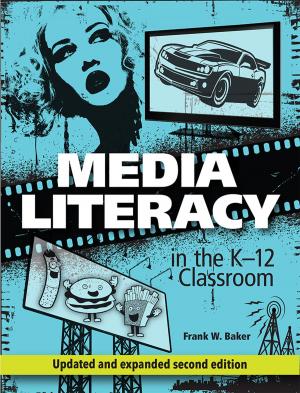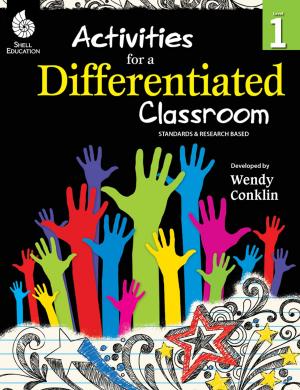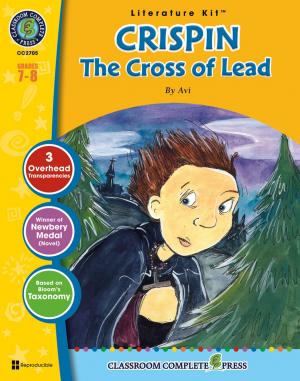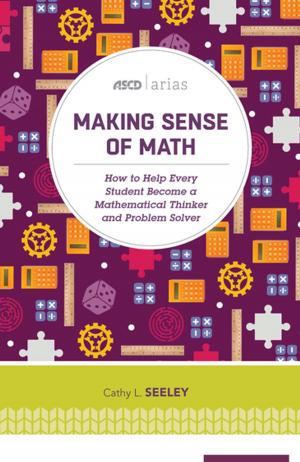Correct English
Reality or Myth?
Nonfiction, Reference & Language, Education & Teaching, Teaching, Teaching Methods| Author: | Geoffrey Marnell | ISBN: | 9780994150219 |
| Publisher: | Abelard Consulting | Publication: | January 1, 2015 |
| Imprint: | Burdock Books | Language: | English |
| Author: | Geoffrey Marnell |
| ISBN: | 9780994150219 |
| Publisher: | Abelard Consulting |
| Publication: | January 1, 2015 |
| Imprint: | Burdock Books |
| Language: | English |
Writing is a form of expression, as is painting and composing music. No-one has the right to tell artists to paint in a particular way, nor the right to tell composers to compose in a particular way. So don’t we have a right to talk and write as we please?
“Appallingly ignorant!” “Standards are falling!” Such are the judgements of many a purist when they encounter language they do not approve of. But perhaps it is the purists who are appallingly ignorant for failing to see that language cannot be correct or incorrect, right or wrong. As this book proves, to call, say, a sentence that begins with and or but wrong is about as silly as calling a lampshade dishonest. It is what philosophers call a category mistake.
The English language is not going to the dogs. It is changing, but it always has been. Yet change is not necessarily for the worse. If it was, English speakers should have lost the ability to communicate centuries ago. Instead English has become the lingua franca of the world.
Language is an evolutionary gist and, like all gifts, we should be allowed to use it was please. So we need a different, more tolerant, attitude to language, one that respects the innate creativity and lust for novelty that defines Homo sapiens—and one that eradicates the anxiety that many needlessly suffer when they have to put pen to paper or give a talk. What this attitude should be is explored in this book.
Writing is a form of expression, as is painting and composing music. No-one has the right to tell artists to paint in a particular way, nor the right to tell composers to compose in a particular way. So don’t we have a right to talk and write as we please?
“Appallingly ignorant!” “Standards are falling!” Such are the judgements of many a purist when they encounter language they do not approve of. But perhaps it is the purists who are appallingly ignorant for failing to see that language cannot be correct or incorrect, right or wrong. As this book proves, to call, say, a sentence that begins with and or but wrong is about as silly as calling a lampshade dishonest. It is what philosophers call a category mistake.
The English language is not going to the dogs. It is changing, but it always has been. Yet change is not necessarily for the worse. If it was, English speakers should have lost the ability to communicate centuries ago. Instead English has become the lingua franca of the world.
Language is an evolutionary gist and, like all gifts, we should be allowed to use it was please. So we need a different, more tolerant, attitude to language, one that respects the innate creativity and lust for novelty that defines Homo sapiens—and one that eradicates the anxiety that many needlessly suffer when they have to put pen to paper or give a talk. What this attitude should be is explored in this book.


